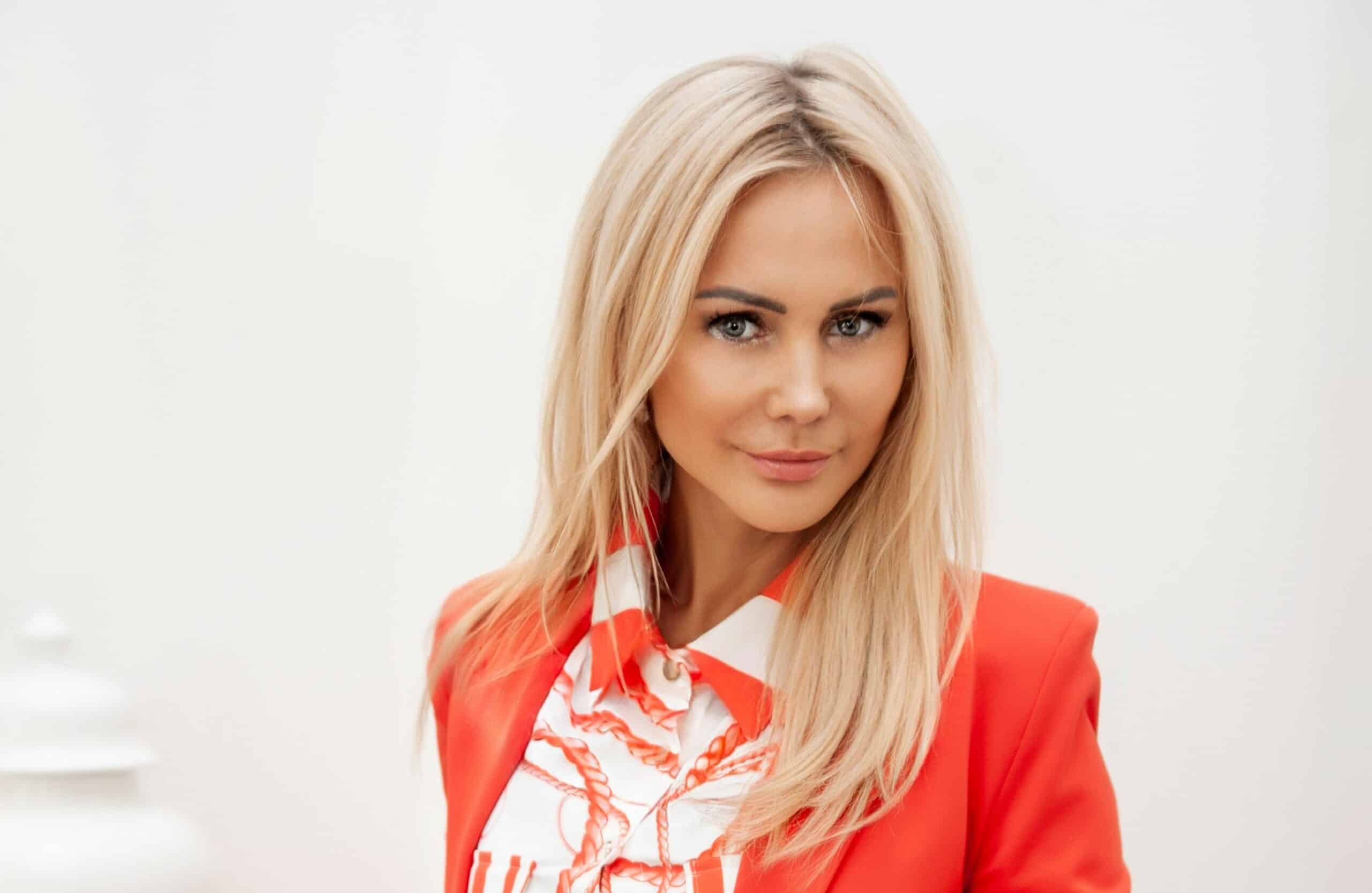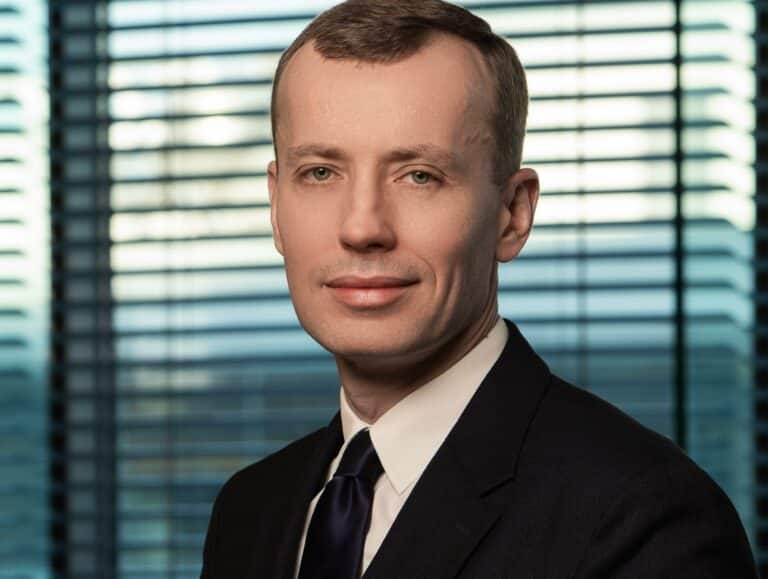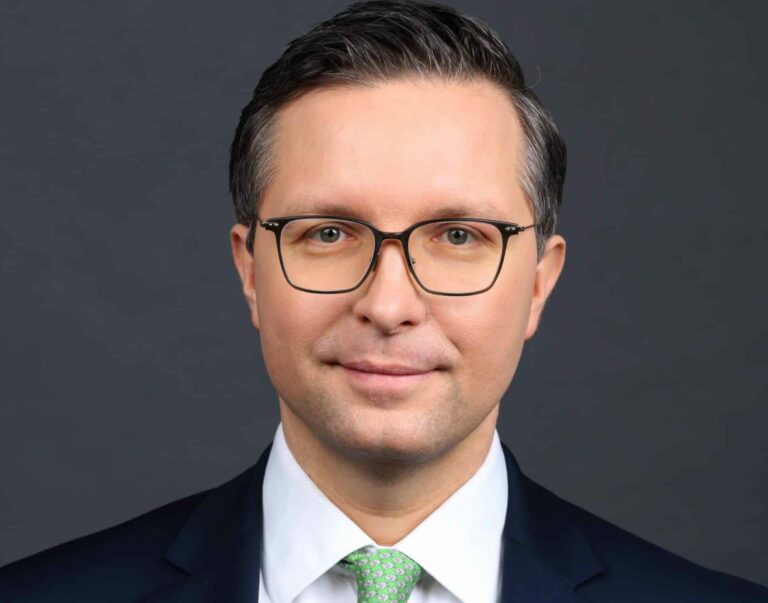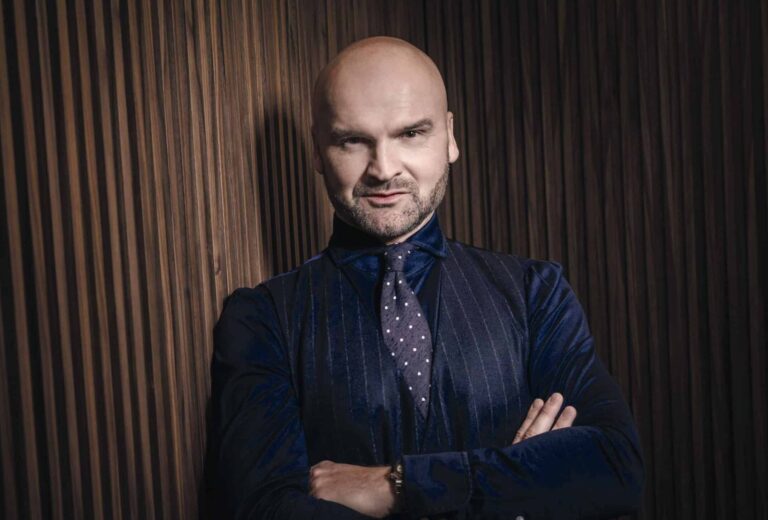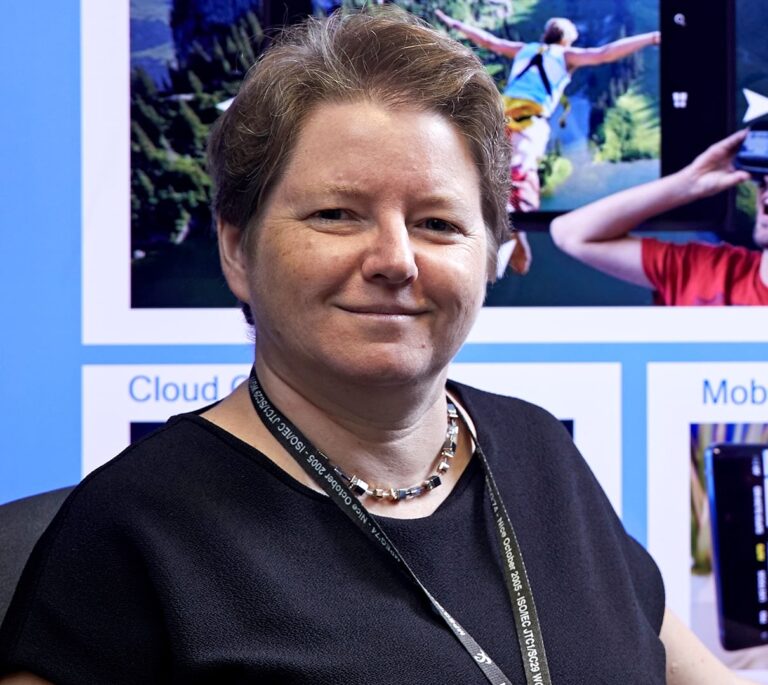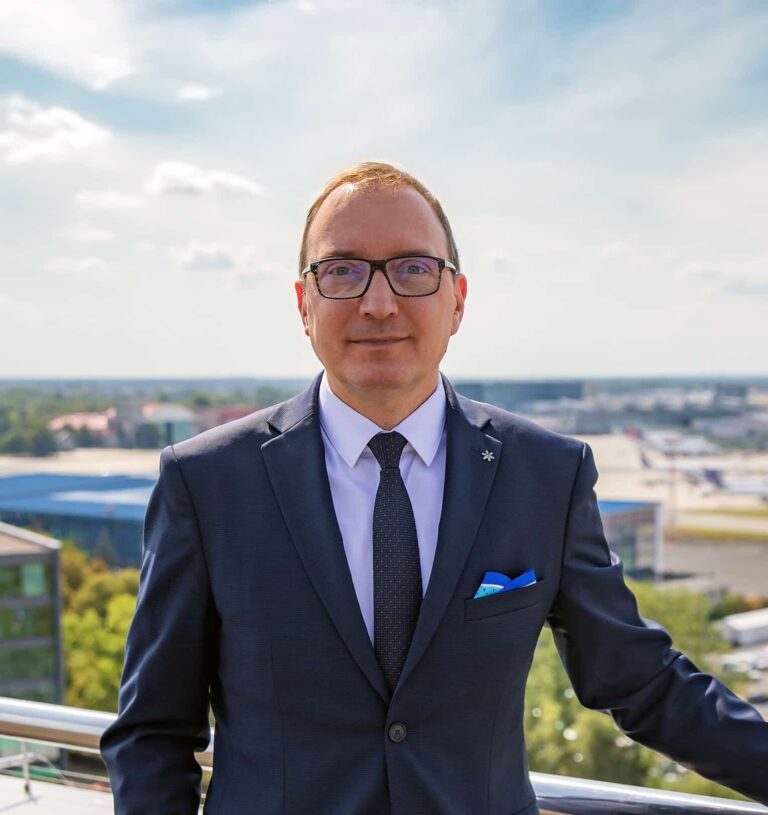Leaders must never fear criticism
Interview with Beata Drzazga, entrepreneur
You feel the need to share your knowledge, emotions and experiences of running a business with young people just starting out on their professional path – what motivates you to do this?
I would like to give young people access to knowledge that I did not have myself. Yes, there were books you could read about successful people, but meeting them in person, asking specific questions, expressing your doubts, not so much. And I like to share my knowledge. I enjoy meeting people, telling them about my experiences. Sometimes it’s students, sometimes it’s budding businesspeople, sometimes it’s people who have been running companies for several years. They come with all sorts of questions, they are at different stages in their careers, in their lives. I have the feeling that thanks to me, thanks to our meetings, they will be able to achieve success faster. What is new, surprising and frightening for them, I have already experienced and can talk about with some distance. I don’t lecture, because that’s boring and ineffective – I talk to people. That gives me joy and satisfaction.
Do you meet your interlocutors after some time and hear from them that the knowledge they have gained from you has helped them in something?
Yes, that is fantastic! Imagine that some time ago I met a man who told me that he had a business crisis. And then he remembered that I had spoken in a meeting about the fact that I recruit all the employees for the company personally. He began to wonder if it was this lack of knowledge of his own employees that was his problem. He tried my method and the company started to function better and better. It was confirmation for me that it is worth meeting, worth sharing, worth being close to people.
Why do you recruit?
I can’t imagine otherwise. My companies reflect my personality, my values, my approach to work, to people. I need to know those who work for me, who represent me. And they need to know me in order to do things properly. Besides, how can you build a relationship with employees without talking to them, without actually knowing they exist? I want the people who work for me to participate in the life and creation of the company.
You talk about professional relations in a very non-corporate way.
Because I am very ‘uncorporate.’ I want people to talk to each other, not email each other. There is no waiting in front of a computer for a reply. With me it’s all about collaboration, communication and being responsible for each other and the team. I’m also not a fan of working remotely. I believe that relationships are built in real, physical contact. I also don’t like competition between teams. Yes, I want people to feel that they are developing, but I don’t introduce any strictly defined promotion paths. Everyone has to do their best and everyone has the opportunity to develop. I want to meet with my employees, talk to them and sometimes even argue with them. I want my directors or managers to tell me what they think, because maybe I’m not right in some aspect or another. They have every right to culturally challenge my opinion.
This is very rare, but how valuable in a manager. She who is great is able to accept criticism. (Laughter)
Coming back to your meetings with young people who are at that stage of deciding whether they want to set up their own business or whether they want to work for someone, what are the most common questions they ask about running a business, what are they curious about?
Most often they ask what my biggest stumbles and failures were. This shows that there is a fear in the minds of young future entrepreneurs. On the one hand, this is good, because it’s not only about taking risks in business; on the other hand, there is no such thing as a sure business. Something can always happen. But someone who mainly has fears and black scenarios in their head will not spread their wings in business.
What do you warn young entrepreneurs about?
Above all, you have to be very careful when deciding how to finance your venture. If it is to be a loan, it should be well thought out and calculated. It’s better to start small, with small amounts, on a small scale, than to stay in debt. Sometimes an idea that is born in our head will not necessarily be well received by the market. Business doesn’t always go beautifully, and when it doesn’t, you have to adapt quickly to the change.
Easy to say, harder to do. We don’t like change.
Of course, but there is nothing certain in business, it is good to be prepared from the beginning that something will go wrong and you will have to implement a new concept. And you shouldn’t be ashamed of the fact that the plan has changed. And while I am always prepared for the eventuality of an audit from, for example, the Tax Office and as far as the order of the documents is concerned I am not able to have the slightest concession, when it comes to the business plan, I am basically ready for a revolution every day. (Laughter)
When you set up your businesses, did you do so with an eye to what you are passionate about, what will make you happy, or was it more of a business calculation?
There always has to be a business calculation. Well, because we don’t open a business just to lose. In my case, without a doubt, each business was created for a different reason, at a different point in my life. BetaMed was out of love and great affection. I wanted to share that with people. My clothes shop came about because I didn’t have time to go to the shops. So I thought I would open a shop for myself and be my own best customer. (laughs). It gave me a break from my first business and made me realize how much I enjoyed traveling. Because, after all, I had to travel all over the world to get these clothes (laughs). This in turn opened my eyes to the fact that I wanted to live outside Poland. So I flew to the United States to go to school, so that I would have some kind of purpose, some kind of justification for this change. What happened over the next few years, my overwhelming desire to do something new all the time, led me to where I am today. My latest business brainchild is Global Impact Beata Drzazga. This name emphasizes my global impact – wherever I go, I’m doing something cool.

